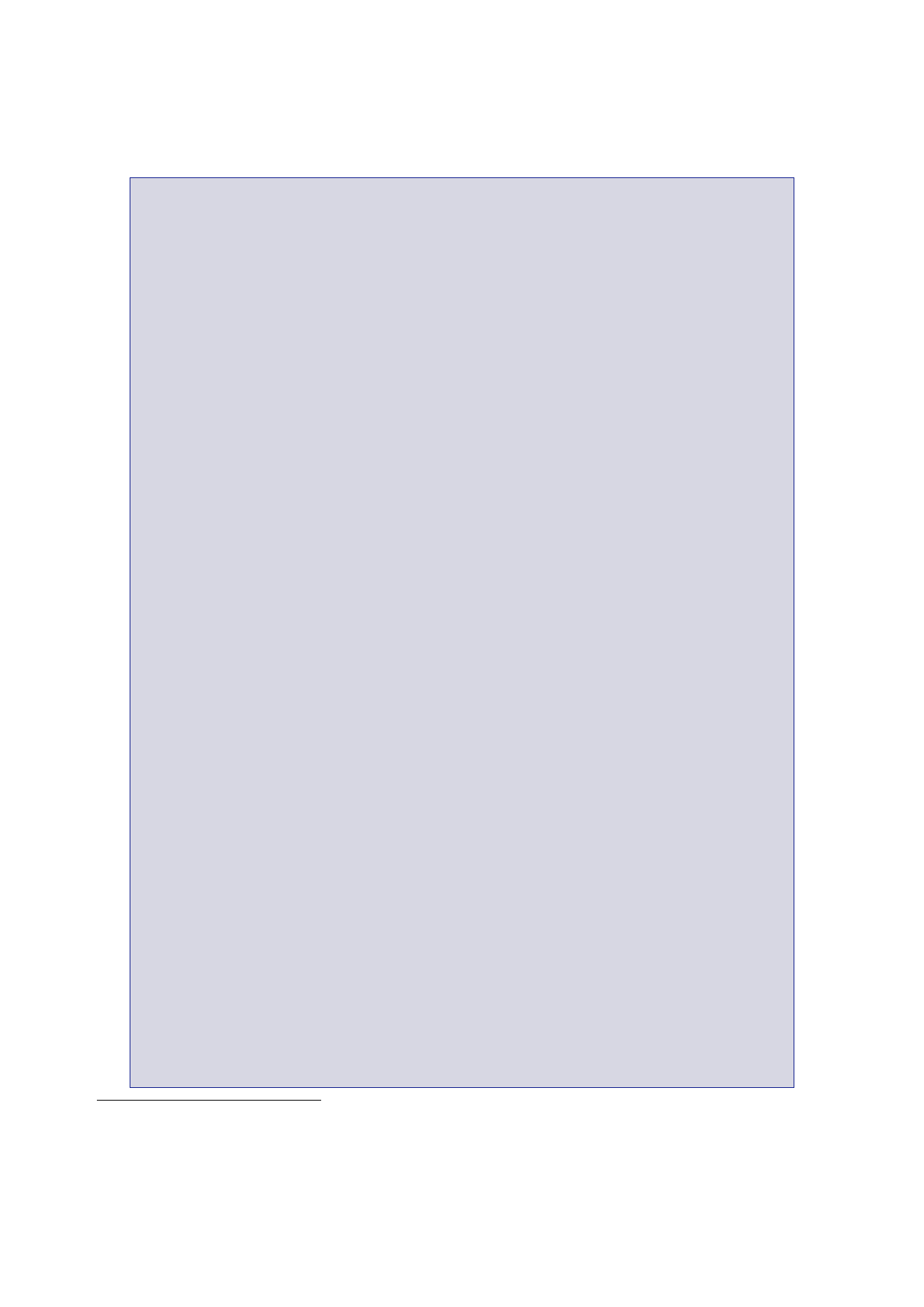
3.5 |
Development of UK strategy and options, September to November 2002
–
the
negotiation of resolution 1441
The
timetable for inspections and the position of UNMOVIC in September
2002 is set
out in the
Box below.
In March
1999, the panel chaired by Mr Celso Amorim, the Brazilian
Permanent
Representative
to the UN in New York, which was tasked to provide a
“comprehensive
review” of
UN approaches to Iraq, reported that “although important elements
still have
to be
resolved, the bulk of Iraq’s proscribed weapons programs has been
eliminated”.2
Nonetheless,
some inspections‑based monitoring was needed to prevent
rearmament.
The
timetable set out in resolution 1284 for UNMOVIC and the
International Atomic
Energy
Agency (IAEA) to start work and report to the Security Council on
Iraq’s position
resolution
envisaged the inspectors would:
•
“draw up, for
approval by the Council, a work programme” not later than 60
days
after they
started work in Iraq;
•
report
“immediately when the reinforced system of ongoing monitoring
and
verification
is fully operational in Iraq”;
•
120 days after
that, report on whether “Iraq has co-operated in all respects
with
UNMOVIC and
the IAEA in particular in fulfilling the work programmes in all
the
aspects to
suspend sanctions”.3
The
resolution also stated that:
•
The 120 days
would be renewable, subject to the “elaboration of effective
financial
and other
operational measures” to ensure that Iraq did not acquire
prohibited items.
•
Should the
Executive Chairman of UNMOVIC or the Director General of the
IAEA
report that
Iraq was not co‑operating in all respects, sanctions could be
renewed.
•
The IAEA would
remain responsible for nuclear inspections and
certification.
As Section
1.1 shows, the resolution was a compromise. Iraq was not required
to
demonstrate
full compliance, just co‑operation; and co‑operation was not
clearly defined.
In
addition, there was no certainty of a definitive end to sanctions.
For this reason Iraq did
not accept
resolution 1284. It apparently hoped that sanctions would be
suspended or at
least
eroded without it having to do much.
The
decision to establish a new organisation to replace UNSCOM
reflected allegations
that it had
not been impartial and had been used by western intelligence
agencies to
spy on
Iraq. The intelligence agencies of member states could supply
information to any
new body
but could not expect to receive any in return. Intelligence traffic
would only
be one‑way.
Inspectors were to be recruited independently and work directly for
the
UN,
following UN standards and rules on impartiality and
professionalism, rather than
be loaned
to the Commission by Member States. UNMOVIC was to be controlled
by
a College
of Commissioners.
UNMOVIC was
funded from Oil‑for‑Food (OFF) revenue.
2
UN Security
Council, 30 March 1999, ‘Letter dated 27 March 1999, from the
Chairman of the panels
established
pursuant to the note by the President of the Security Council of 30
January 1999 (S/1999/100)
addressed
to the President of the Security Council’
(S/1999/356).
3
UN Security
Council resolution 1284 (1999).
201
